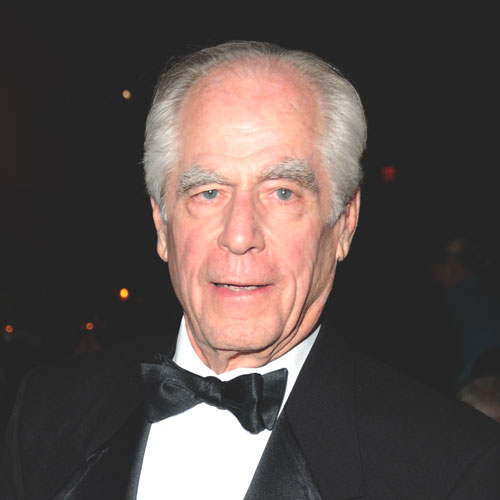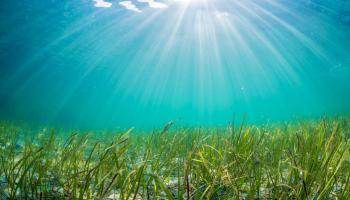UVA Research Professor G. Carleton Ray, Longtime Pillar in Marine Ecology and Conservation, Dies
G. Carleton Ray, retired research professor in the Department of Environmental Sciences and an international leader in the fields of marine ecology and conservation for seven decades, died on Dec. 14. He was 95.

A key figure in the formulation and passage of the U.S. Marine Mammal Protection Act of 1972, Ray worked widely in polar, temperate and tropical environments. He authored a remarkable list of more than 250 scientific papers and reports and numerous articles for popular magazines over the course of a 65-year career dedicated to the emerging field of conservation ecology. Ray also authored or co-authored 10 books — two for children — and environmental data atlases, a reflection of his interest in informing the public about coastal-marine science and conservation.
His early study of polar marine mammals led Ray to become the first researcher to begin scuba diving in Antarctica. During his time curating the New York Aquarium, he initiated work on the thermoregulation and acoustics of marine mammals with colleagues from the Woods Hole Oceanographic Institution. Ray was among the first to describe the underwater sounds of marine mammals as “song” in a strict behavioral sense.
Taking a lead in program-building in both research and conservation, Ray also worked with colleague Ilia Tolstoy in the late 1950s to establish Exuma Cays, the world’s first land-and-sea park, in the Bahamas.
“I was always inspired by Carleton's knowledge and global experiences, ranging from SCUBA diving in Antarctica to following walrus herds on Alaskan sea ice floes to helping develop marine protection zones in tropical waters. How different can you get?” said retired research professor Michael Erwin, who co-taught a course in conservation science with Ray and worked with him locally to write the first natural resources plan for Albemarle County. “He was indeed a man for all seasons and a respected voice for conservation around the world.”
Initiating the Marine Mammal Program of the International Biological Programme, Ray helped draft the U.S. Marine Mammal Protection Act of 1972 and testified in Congress on its behalf. He later served on the initial Committee of Scientific Advisors of the Marine Mammal Commission and aided in the formation of the Society for Marine Mammalogy, chairing its initial Committee of Scientific Advisors. Ray served on numerous national and international committees devoted to marine policy, including ones affiliated with the International Union for Conservation of Nature, the National Oceanic and Atmospheric Administration, and the National Marine Fisheries Service.
At UVA, he concentrated on teaching as part of a conservation-science initiative while pursuing research interests in arctic environments, including the diminishment of sea ice and its effects on marine mammals. Prof. Howard E. Epstein, chair of the College's Department of Environmental Sciences, praised Ray for his impact as a researcher and teacher who inspired many UVA students to pursue careers in environmental conservation.
"Avery Paxton, one of his former undergraduate students from Charlottesville, for example, is now a PhD Research Marine Biologist with NOAA's National Centers for Coastal Ocean Science," Epstein said. "Carleton has left a very long and strong legacy for the study and conservation of marine organisms and ecosystems. He was a scientific innovator in marine ecology and an international leader in marine conservation and policy."
Ray retired from the University in 2022. He is survived by his wife, research scientist Jerry McCormick-Ray, who worked frequently with Ray overseas as they co-wrote books and reports together.









